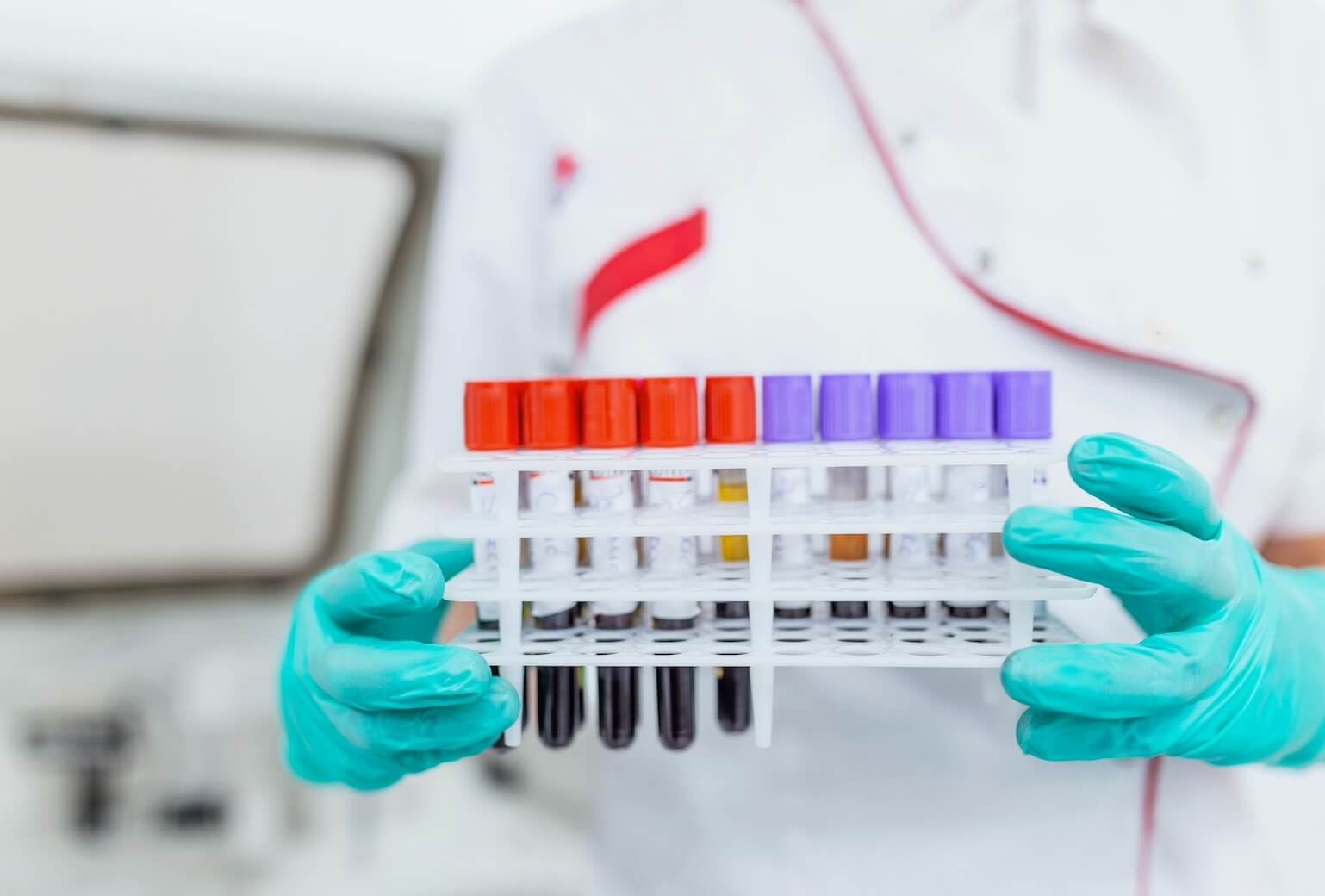If you’ve ever had a blood sample taken, then you’ve interacted with a phlebotomy technician. These medical professionals are responsible for drawing and collecting patient blood samples to be sent off for testing. They may also process and store the samples they collect in a laboratory setting. It’s an essential job in any healthcare setting, so if you’re interested in pursuing a career as a phlebotomy technician, here’s what you need to know about the job duties.

Drawing Blood Samples
The primary duty of a phlebotomy technician is to draw blood from patients. This process involves cleaning and sterilizing the area from which the blood sample is being taken; selecting the type of collection device best suited for the task; using the proper technique to draw the blood; and labeling and storing the collected sample properly. The drawn blood may then be sent off to laboratories for further testing or analysis.
How Blood Samples Are Taken
The process of drawing blood samples starts with the patient being asked questions about their medical history and current health status. After that, a healthcare professional will clean the area where they will draw the sample with an antiseptic solution. Next, they will insert the needle into a vein in either the arm or hand depending on where the vein is located.
Once enough blood has been drawn into the syringe or tube connected to it, it will be removed from the vein and then stored in a secure container before being sent off for testing. The entire process usually takes less than 10 minutes from start to finish.
Importance of Certification
In order to become a certified phlebotomist, one must complete an accredited program in phlebotomy and pass the certification exam administered by the American Society for Clinical Pathology (ASCP). Once certified, phlebotomists are authorized to perform all duties associated with collecting samples from patients. Certification also allows them to work in multiple healthcare settings, including hospitals, laboratories, research centers, rehabilitation centers, and more.
Processing Blood Samples
In addition to drawing patient blood samples, some phlebotomy technicians may also be involved in processing them. This includes preparing specimens for transport by centrifuging samples or adding preservatives; verifying that all necessary paperwork has been completed correctly; and sending specimens off to outside labs via courier services or other methods. Phlebotomists are also responsible for maintaining accurate records of all processed samples as well as performing quality control tests on incoming specimens before processing them further.
Skills Needed for Success
Phlebotomists must have excellent communication skills since they interact with many different types of people on a daily basis. They must be able to explain the procedures clearly and provide instructions in an understandable way. In addition, they must possess the strong technical skills necessary to properly collect samples while providing comfort and reassurance to anxious patients. Working knowledge of laboratory equipment is also essential when it comes to performing tests accurately and efficiently.
Storing Blood Samples
Finally, some phlebotomy technicians may be responsible for storing collected samples safely until they can be sent off for further testing or analysis. This includes appropriately labeling stored samples and monitoring their storage temperatures as well as ensuring that specimens are not left out too long before being shipped out or tested in-house. Phlebotomists must take special care when handling stored specimens since improper storage can lead to inaccurate results or even contamination of the sample itself.
Phlebotomy technicians have an important role in any healthcare setting, providing essential services that help keep patients safe and healthy while also assisting doctors with diagnosis and treatment plans. While their primary duty is collecting patient blood samples, they may also perform tasks related to processing and storing these specimens until they can be analyzed more thoroughly by laboratory experts. If you think this sounds like an interesting career path, then why not consider becoming a certified phlebotomy technician? With so many opportunities available, it could just be your perfect fit!

